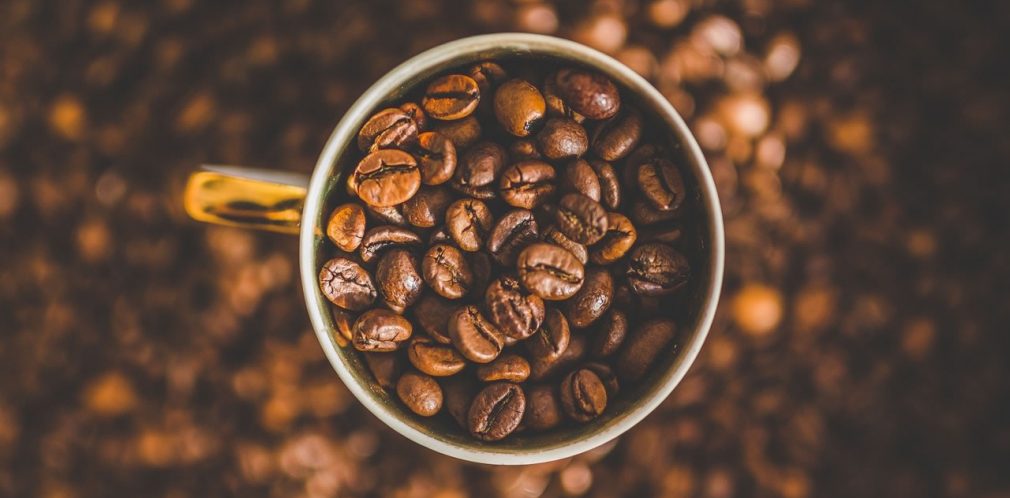Increasing coffee yields and enhancing quality per plant is crucial to any coffee producer as it translates into more income. The drive for higher returns can have great impact on environment if use of chemicals and land operations are not controlled. The use of biodigesters is one of the proven climate change adaptation strategies for farmers to practice responsible farming (through slurry application and proper dung disposal) while reducing cutting of trees for wood fuel or charcoal. Climate change is already affecting Coffee production in many ways, for instance the extreme drought in Brazil in 2014 and the outbreaks of coffee rust in Columbia 2011/2012. Kenya is not spared from the impacts of climate change, drastic changes in land suitability for coffee production in terms of quantity and quality have been reported. Climate change adaptation is vital for the Kenyan farmers.
Mr. Mugane from the Kinogerama Farmers’ cooperative Society, Murang’a county narrated to us show the rains have become unpredictable and the droughts common. ‘My village used to experience dry months from November to January, but this no longer the case’ he says. It is difficult to work with the seasons as the farmers used to know them. Climate change has affected agriculture in general however, coffee could be the most affected because it needs specific temperatures and rains to achieve the desired quality and quantity. This comes at a time when the demand for coffee is rising both locally and globally. According to Sustainable Management Services Sustainability Manager, the demand is expected to continue rising with emerging markets coming to play, therefore requiring at least fifteen percent increase in green bean production in the next five years.
Promotion of biodigesters in the coffee farming systems by the Sustainable and Secure Smallholder Systems at Scale (4S@Scale) project started in 2014. Mr. Mugane acquired his biodigester in the same year and became a host to one of the demonstration centres. He informs us that his coffee production has improved from 2014 when he installed Biodigester, his trees are ‘more resistant to drought’ since his neighbours crops seem to be dry and with less leaves. He boasts of evergreen crop with good crop vigor.
Bioslurry application to the coffee trees has increased flowers in the plantation and the berries are bigger than the previous years. In 2015/2016 crop Mugane harvested 3,050kg from his four hundred trees and in 2016/2017 he boasts of 3,972kg which reflects over thirty percent increase. Most of the farms in Mugane’s neighborhood have neglected the coffee trees and some are uprooting. They attribute this to the diminishing returns of the crop and the increasing climate variability. Farmers from Kinogerama coffee cooperative are undergoing training on good agricultural practices to build resilience and adapt to climate change. The adoption of biodigesters is promoted as a key adaptation strategy. Application of bioslurry on coffee farms in this area has recorded improved coffee production and reduced pest infestation in the farms.
Coffee Yields Increase by 30% in one season for smallholder farmer in Murang’a who owns 400 coffee trees
2015/2016 crop Year -3050kg
2016/2017 crop Year -3972kg
Tags: Biogas in Kenya, Bioslurry in Kenya, Coffee Farming, Murang'a

